
An application to designate part of the River Dee in Chester as a bathing water has been unsuccessful.
The Clean Dee campaign saw Cheshire West and Chester Council working with local groups and other key stakeholders to submit an application to the Department for Food and Rural Affairs (DEFRA).
The application for a designated bathing water at the popular bathing spot at Sandy Lane was not successful because it did not meet the new threshold of “100 bathers per day”.
The guidance for applications was changed to include new criteria in July 2023, half-way through a consultation exercise with residents, community and sports groups, visitors and businesses - who were asked to give their views on what the river means to them and how they use it.
Designated bathing water status refers to the designation of a beach or inland water as a bathing water so that information on water quality is provided to bathers and their health can be protected.
Bathing water designation does not mean the water meets bathing water quality standards or that the water is safe for bathers, but it can be the first step to ensure action is taken to improve water quality through requirements to test regularly, identify the sources of pollution and to recommend improvement measures.
Although the user numbers did not reach the new threshold, the Council put forward several reasons to support the case for designation.
Firstly, the purpose of the Regulations is to protect public health and, while the threshold was not reached during a very poor summer, there are nevertheless substantial numbers of bathers whose health should be protected. In addition, there are large bather numbers well above the published threshold in long-established sporting events, whose health should also be protected.
There is also some evidence that health concerns following recent adverse publicity about river pollution, both nationally and locally, are leading to a reduction in people using the river for bathing and for other sporting activities.
The new guidance also excludes children paddling from being counted in the surveys but the rationale for this is far from clear in the public health context and children are viewed as an important user group.
The Council’s Cabinet Member for Homes, Planning and Safer Communities, Councillor Christine Warner said:
“The news that our application was not successful and will not be progressing through to a DEFRA consultation is incredibly disappointing for everyone involved in the Clean Dee campaign.
“Improved water quality would, of course, benefit not only bathers but also a wide range of other leisure and sports users, including paddlers, paddleboarders, canoeists, rowers, leisure boat users and local businesses as well as the environment and wildlife.
“The Council remains committed to the campaign and we will now consider all the options open to us and what our next steps could be.”
Kirsty Davies of Surfers Against Sewage said:
“We're disappointed that the River Dee's application for bathing water status has been denied when it's clear that the local community are passionate in their support of improvements in local water quality.
“The bathers of the River Dee, and of all inland swim-spots across the UK, should be provided with the information they need to protect their health at the blue spaces they love.’
An appeal against the decision is not possible but a new application could be submitted in the future.

 Ninja Sword amnesty launched ahead of legislation change
Ninja Sword amnesty launched ahead of legislation change
 Charity Walking Tour in Support of the Hospice of the Good Shepherd
Charity Walking Tour in Support of the Hospice of the Good Shepherd
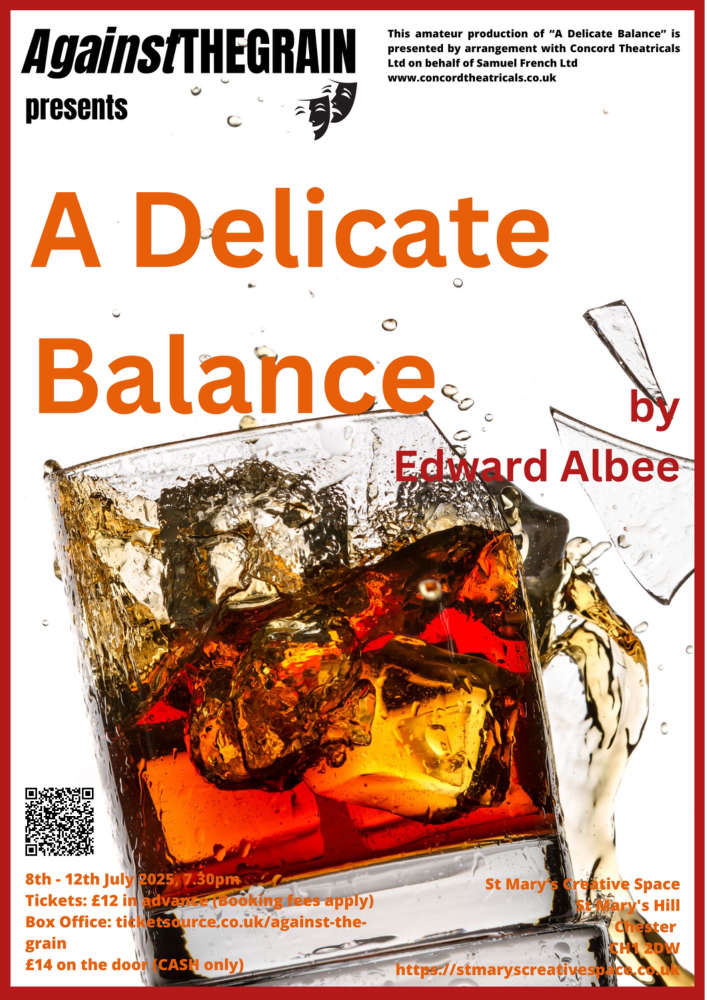 CURTAIN SET TO RISE ON BLACK COMEDY OF BAD MANNERS
CURTAIN SET TO RISE ON BLACK COMEDY OF BAD MANNERS
 Three members of Lucy Letby hospital's senior leadership team arrested
Three members of Lucy Letby hospital's senior leadership team arrested
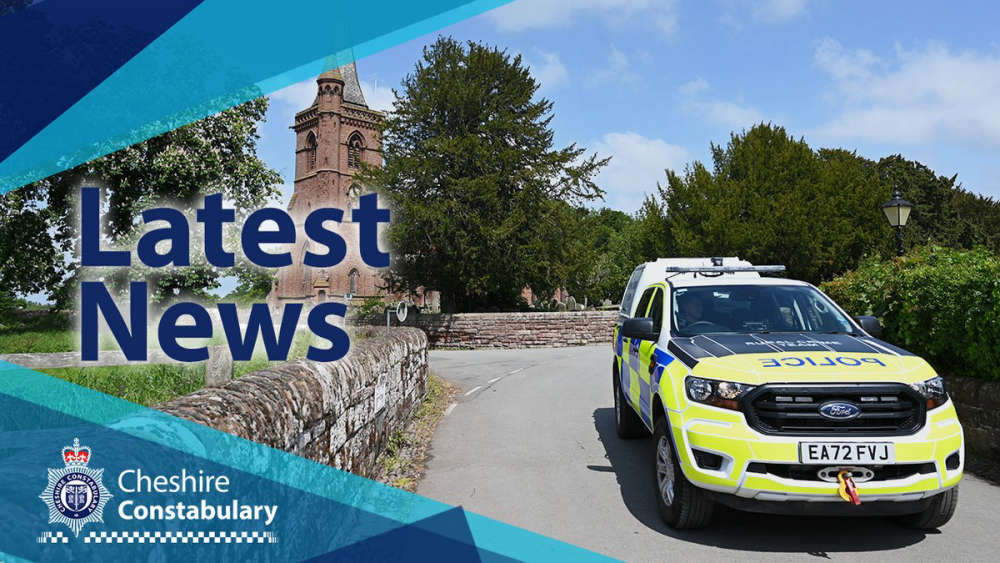 Man charged in relation to drugs offences in Chester
Man charged in relation to drugs offences in Chester
 FROM ORPHAN TO VILLAIN, CARLY LANDS DREAM ROLE IN MUCH-LOVED MUSICAL
FROM ORPHAN TO VILLAIN, CARLY LANDS DREAM ROLE IN MUCH-LOVED MUSICAL
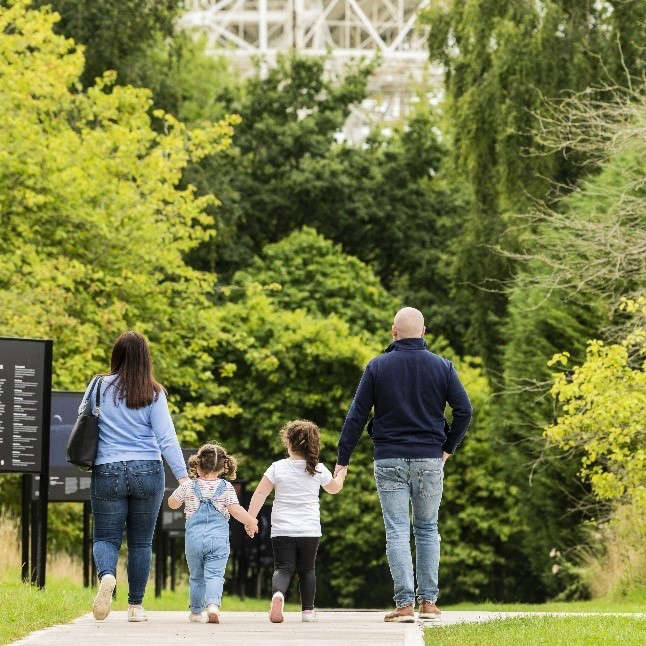 What's On At Jodrell Bank Over The Summer
What's On At Jodrell Bank Over The Summer
 Teenager summonsed to court for driving offences in Tarporley
Teenager summonsed to court for driving offences in Tarporley
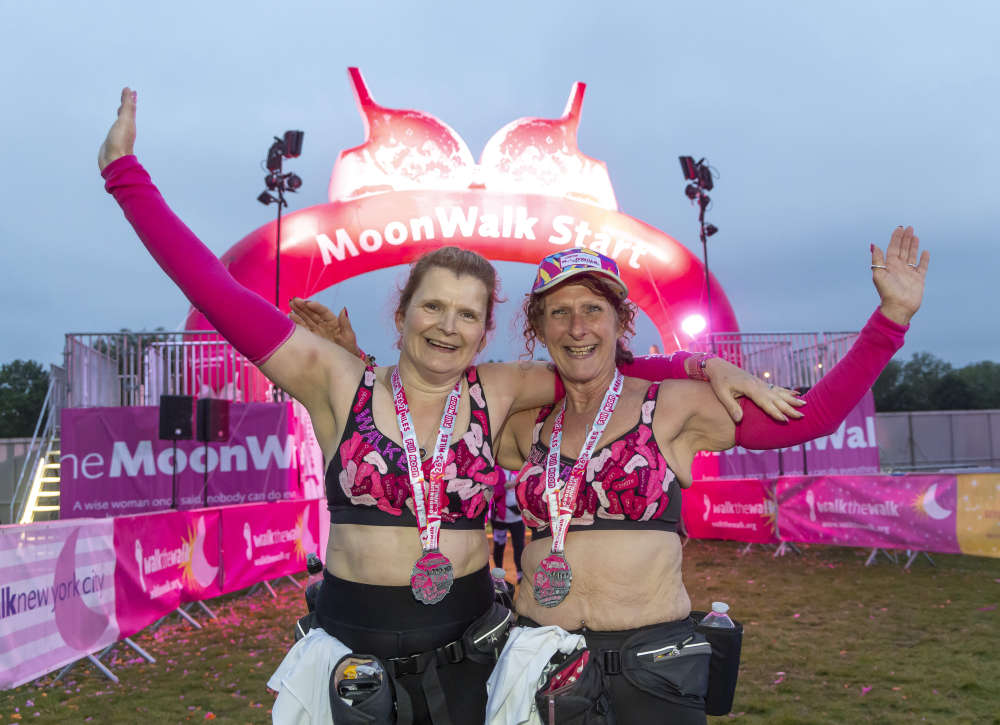 Fundraising duo from Flintshire and Essex to walk 350km in just 7 days for breast cancer charity
Fundraising duo from Flintshire and Essex to walk 350km in just 7 days for breast cancer charity
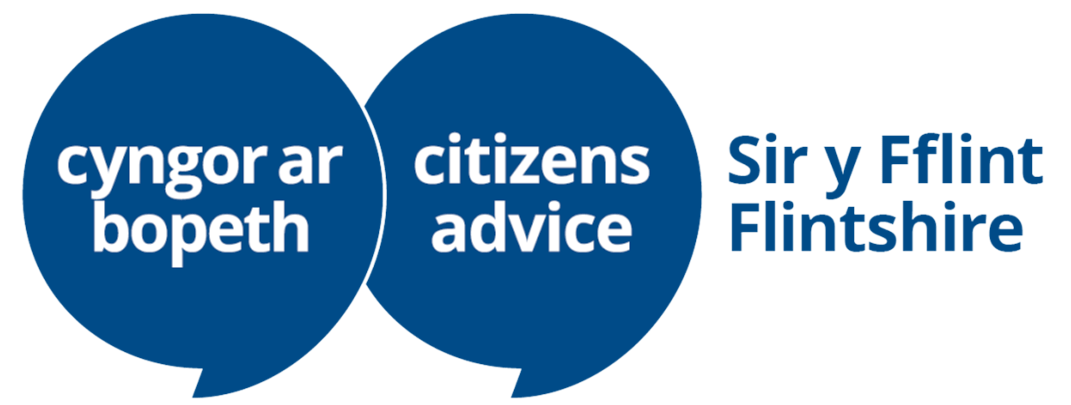 Citizens Advice Flintshire introduce a new drop-in service
Citizens Advice Flintshire introduce a new drop-in service
 Students build Lego Lovell Telescope to celebrate cosmic legacy
Students build Lego Lovell Telescope to celebrate cosmic legacy
 Man jailed following assaults in Chester
Man jailed following assaults in Chester
 Flintshire Council fly the flag in support of Armed Forces Week
Flintshire Council fly the flag in support of Armed Forces Week
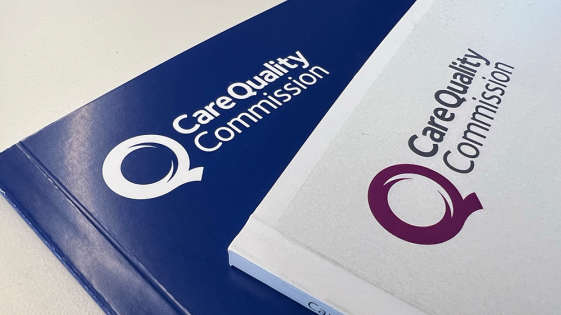 CQC takes action to protect people at Cheshire care home
CQC takes action to protect people at Cheshire care home
 Kaleidoscope Festival Returns to Storyhouse for 2025
Kaleidoscope Festival Returns to Storyhouse for 2025
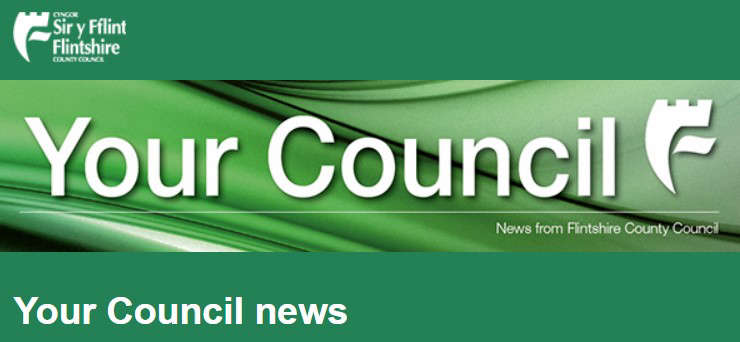 Flintshire Futures Event
Flintshire Futures Event
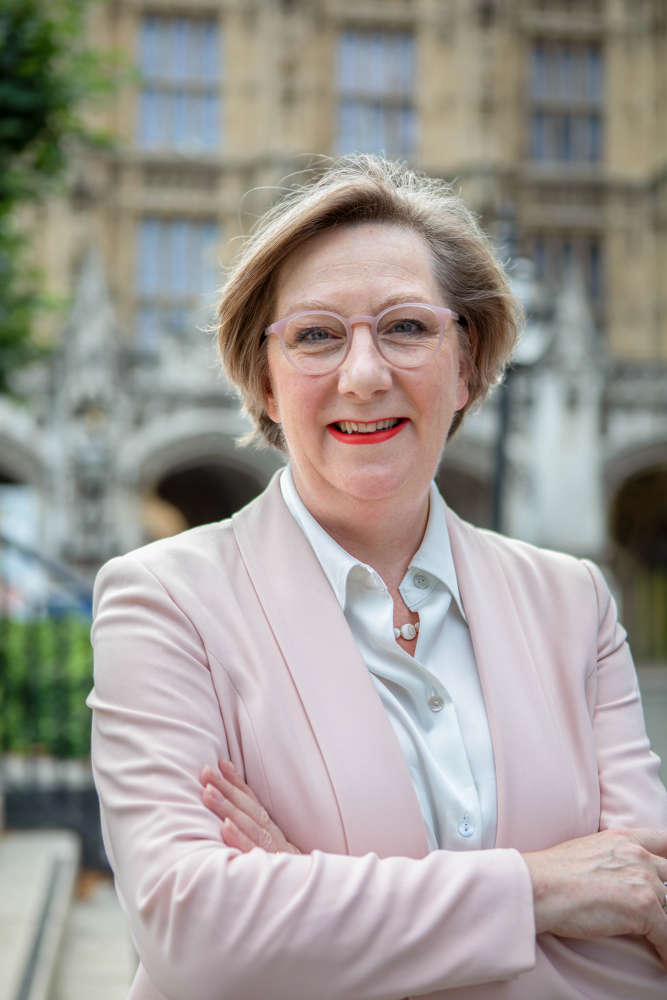 Local MP Welcomes Grassroots Sport Funding Boost for Chester North and Neston
Local MP Welcomes Grassroots Sport Funding Boost for Chester North and Neston
 CELEBRATE THE MUSIC OF THE MOVIES WITH SPECTACULAR CONCERT AT CHESTER CATHEDRAL
CELEBRATE THE MUSIC OF THE MOVIES WITH SPECTACULAR CONCERT AT CHESTER CATHEDRAL
 CATHEDRAL SET TO HOST SPECTACULAR PHILHARMONIC OPERA GALA
CATHEDRAL SET TO HOST SPECTACULAR PHILHARMONIC OPERA GALA
 CURTAIN SET TO RISE ON PREMIERE OF VIDEO GAME THEMED PLAY
CURTAIN SET TO RISE ON PREMIERE OF VIDEO GAME THEMED PLAY
Comments
Add a comment